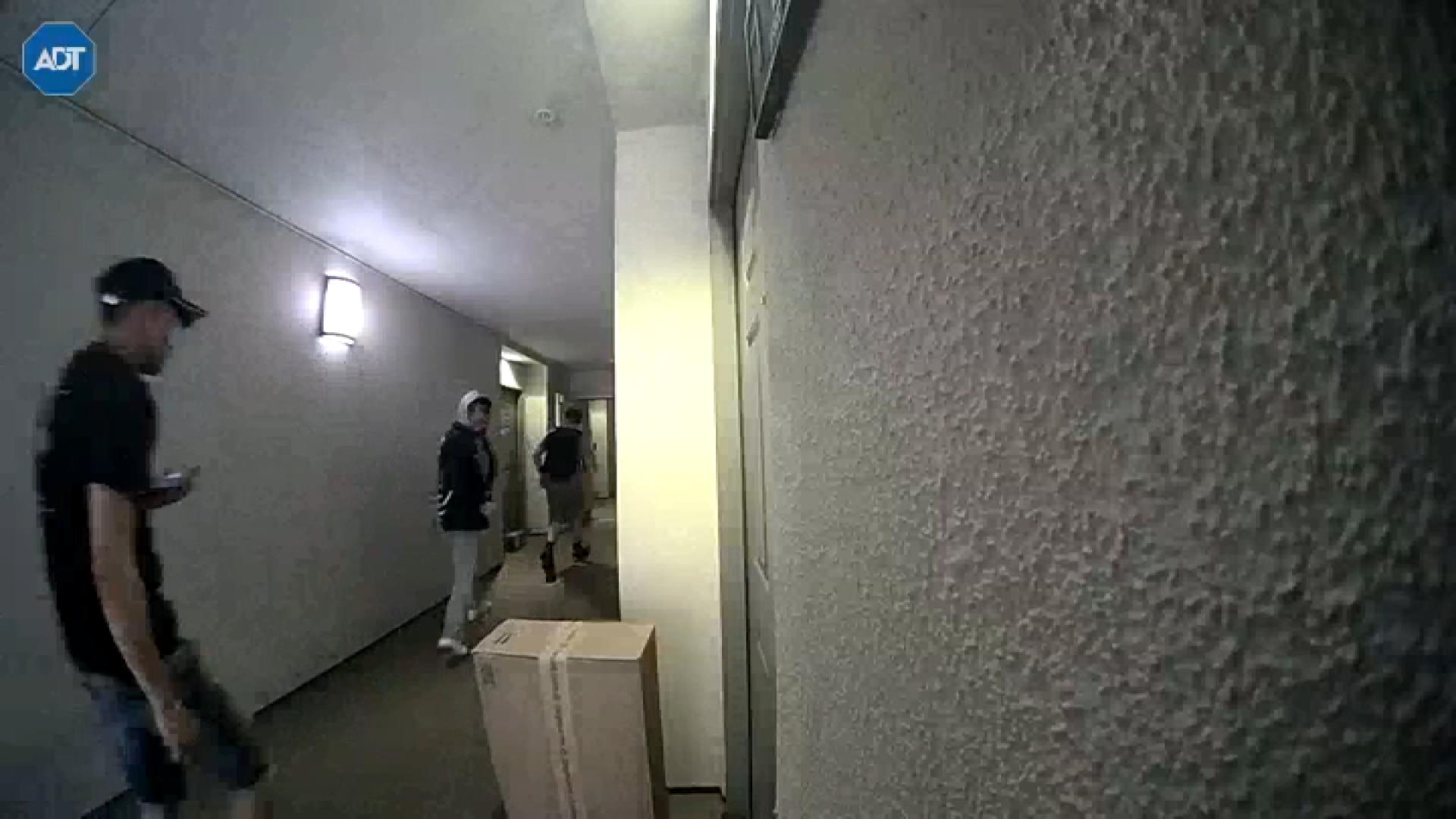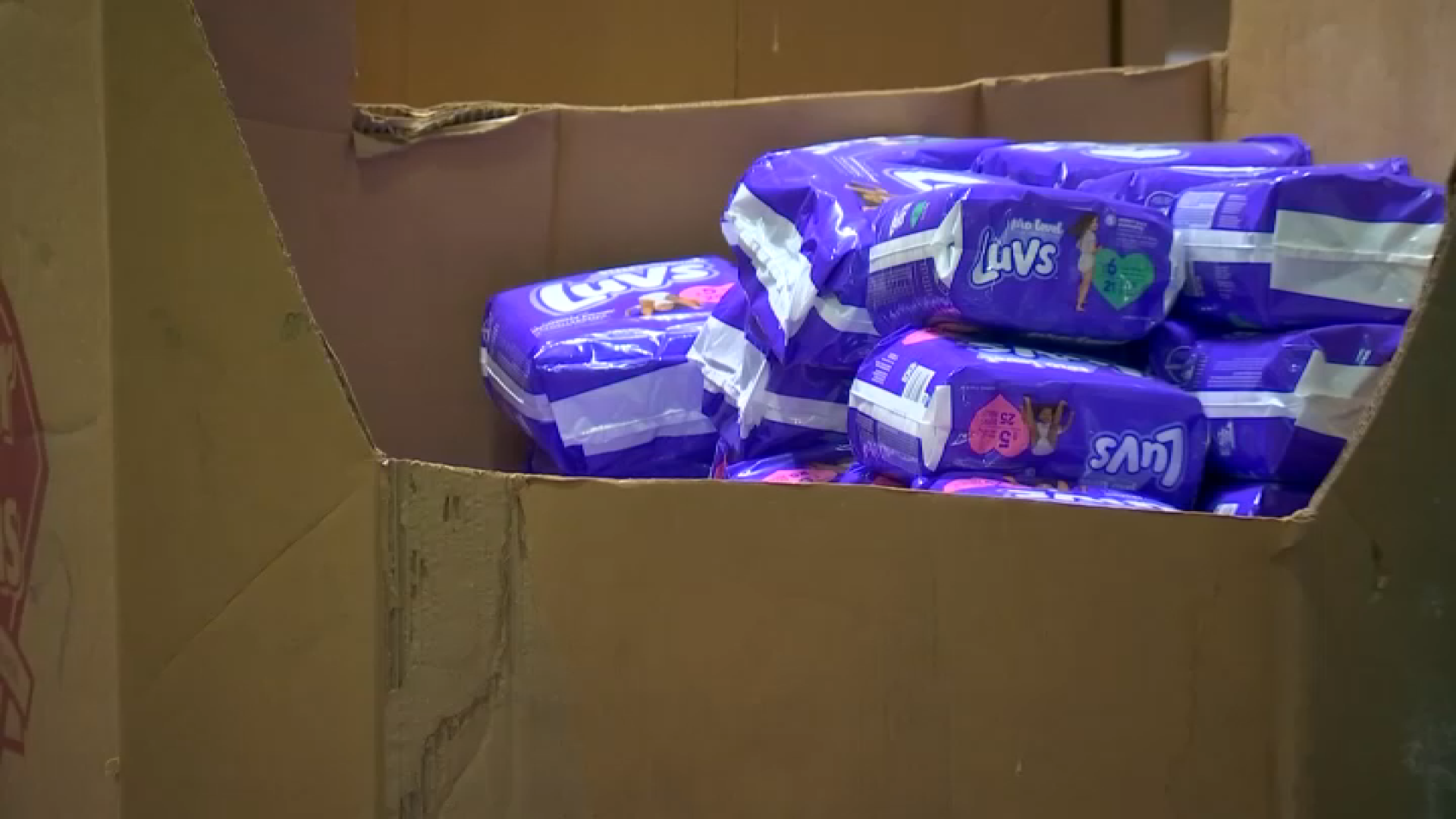Initial damage and psychological effects of a “dirty bomb” attack on downtown the Los Angeles financial district could reach $16 billion over a decade, USC researchers said in a report published on Monday.
The costs could severely impact the region’s economy, fueled primarily by psychological effects that could persist for a decade.
The study, published by economists and scientists in the current issue of Risk Analysis, monetized the effects of fear and risk perception.
“We decided to study a terrorist attack on Los Angeles not to scare people, but to alert policymakers just how large the impact of the public’s reaction might be,” said study co-author William Burns, a research scientist at Decision Research in Eugene, Ore., in a statement. “This underscores the importance of risk communication before and after a major disaster to reduce economic losses.”
Economists most often focus on the immediate economic costs of a terrorist event, such as injuries, cleanup and business closures, study authors said. In this scenario, those initial costs would total just over $1 billion.
“Terrorism can have a much larger impact than first believed,” said study co-author Adam Rose, a research professor with the USC Price School of Public Policy and USC's Center for Risk and Economic Analysis of Terrorism Events, in a statement. “The economic effects of the public’s change in behavior are 15 times more costly than the immediate damage in the wake of a disaster.”
Local
Get Los Angeles's latest local news on crime, entertainment, weather, schools, COVID, cost of living and more. Here's your go-to source for today's LA news.
The findings illustrate that because the costs of modern disasters are so large, even small changes in public perception and behaviors may significantly affect the economic impact, said Rose.
To estimate how fear and risk perception ripple through the economy after a major terrorist event, the researchers surveyed 625 people nationwide after showing them a mock newspaper article and newscasts about the hypothetical dirty bomb attack to gauge the public’s reticence to return to normal life in the financial district.
The study translated the survey results into estimates of what economic premiums would be put on wages and what discounts shoppers would likely require in the aftermath of a terrorist attack.
After six months, 41 percent of those surveyed said they would still not consider shopping or dining in the financial district. And, on average, employees would demand a 25 percent increase in wages to return to their jobs.
“The stigma generated by dirty bomb radiation could generate large changes in the perceived risk of doing business in the region,” said co-author James Giesecke of the Centre of Policy Studies at Monash University. “However, with regional economies in competition with one another for customers, businesses, and employees, it takes only small changes in perceived risk to generate big losses in economic activity.”



